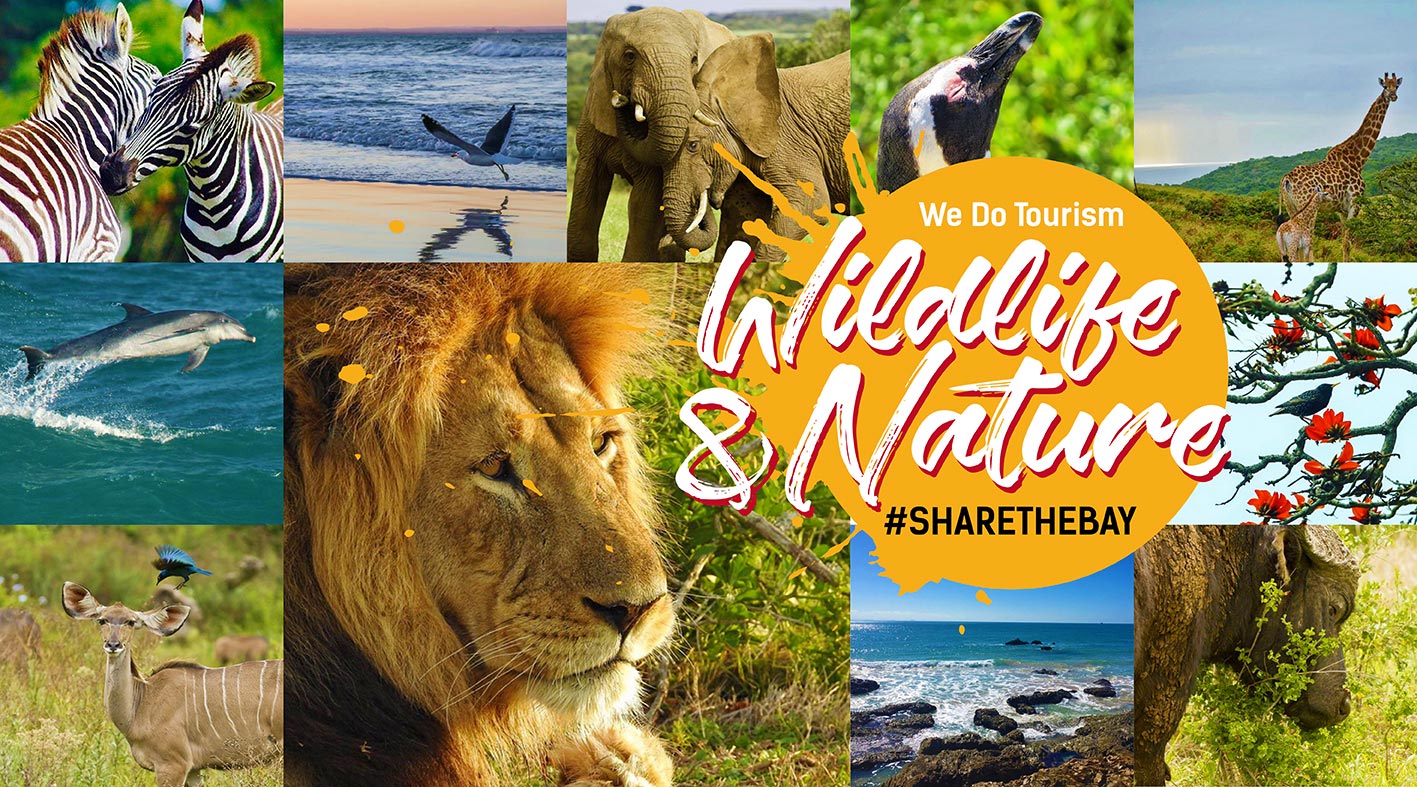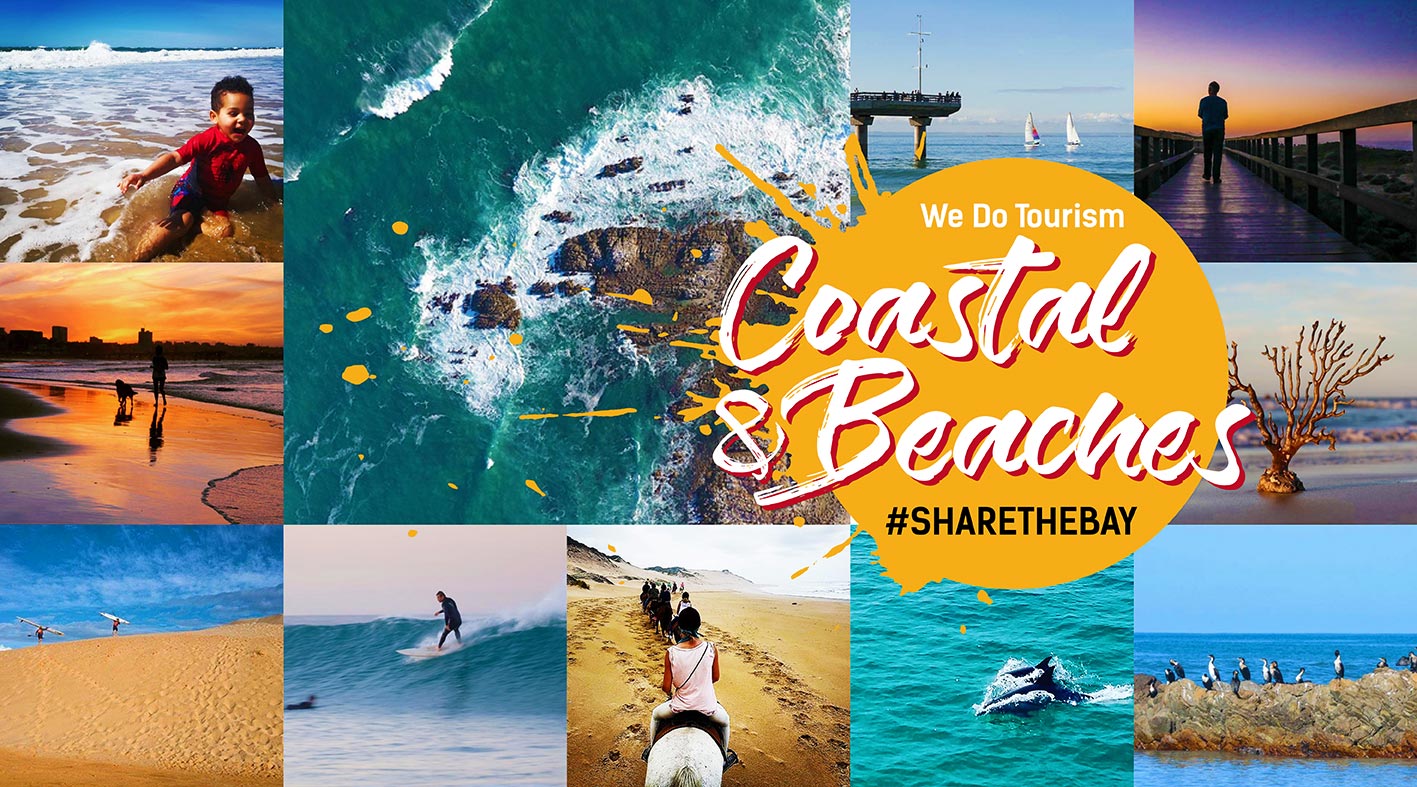Addo Elephant National Park Celebrates 80 Years
27 July 2011

First proclaimed in July 1931 to save the last remaining elephants in the area, the Park has, in the last decade, grown exponentially and now conserves some 180 000 hectares.
Speaking from the Park’s administrative offices in Addo Restcamp, Park Manager, Norman Johnson said that the Park, which is now the third largest national park in the country, had witnessed a number of conservation milestones over the past twenty years in particular.
“The expansion of Addo Elephant National Park has resulted in an incredible diversity of wildlife species, landscapes and experiences that are available to visitors,” said Johnson.
“We’re celebrating our 80 years of milestones with a number of promotions, including radio broadcast giveaways and a challenge to record the best memory from the last 80 years on our website forum,” added Johnson.
The list of milestone in recent years is extensive, with the introduction of lions in 2003, the proclamation of a Marine Protected Area around Bird Island in 2005 and the amalgamation of the main game area and Colchester areas of the Park in 2010 top of the conservation landmarks.
Johnson said the partnership with local communities bordering the Park had taken a leap forward with the establishment of the Mayibuye Ndlovu Development Trust in 2005 along with a unique profit-sharing agreement that ensured communities received tangible benefits from the Park.
Tourism achievements include the addition of new accommodation units to the popular Addo restcamp, the opening of the informative and interactive Ulwazi Interpretive Centre in 2010 and the addition of Spekboom Tented Camp to the range of overnight experiences available to visitors.
Addo Elephant National Park’s list of milestones is expected to continue to grow with the ongoing process of expansion and consolidation with the Park contributing meaningfully to the development objectives of the Eastern Cape in the future.
Author: South African National Parks





















 Please wait!
Please wait!